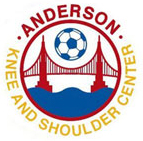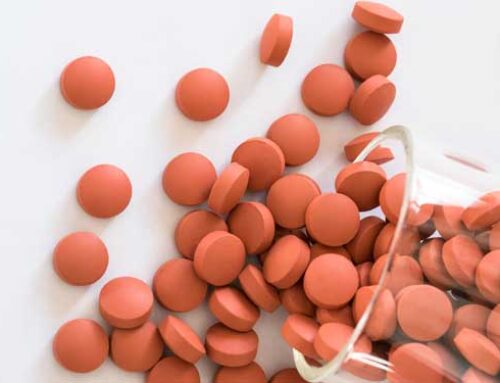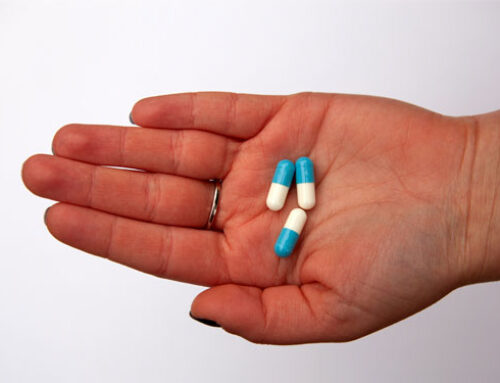There is strength within all of us. Whatever you want to call it: the power of the human spirit, will power, perseverance, determination. And it is on display all around us.
One morning I watched a video documenting one person’s transformation from an obese disabled vet who required a back brace, two knee braces, and crutches to walk into a fit middle-aged man who could run. I was so struck by it. I posted it on my Facebook page. Later, after my morning run, I read an article in the recent Journal of Bone and Joint Surgery entitled “Contribution of Kinesophobia and Catastrophic Thinking to Upper-Extremity-Specific Disability.” While not a great title, it showed that patients who were afraid to move their arm and had negative thoughts about their injury had more disability than those who viewed their injury in a more positive way.
As an orthopedic surgeon, I see examples of the triumph of the human spirit every day. Sometimes it is the total knee replacement patient that pushes through their rehab and gets the outcome that they want. Other times, it is the trauma patient that refuses to succumb to their injuries, both those on the x-rays and the other ones that you can’t capture on an image. Unfortunately, I have had patients who have not done as well.
We often forget that our responses to the world are just as important as the actual events. A friend of mine once explained that their idea of Karma was self-determined. In their mind, Karma came from the way that we choose to respond to the events that happen to us. I guess it is sort of like making lemonade out of lemons.
I am not sure how I started by reading such an imposing sounding article and ended by contemplating the meaning of Karma. Maybe I should stop reading orthopedic journals right after my morning run. But I do know that the way orthopedic patients respond to their injury/post-op rehab has a major impact on their outcome.
Robert J. Purchase, MD


